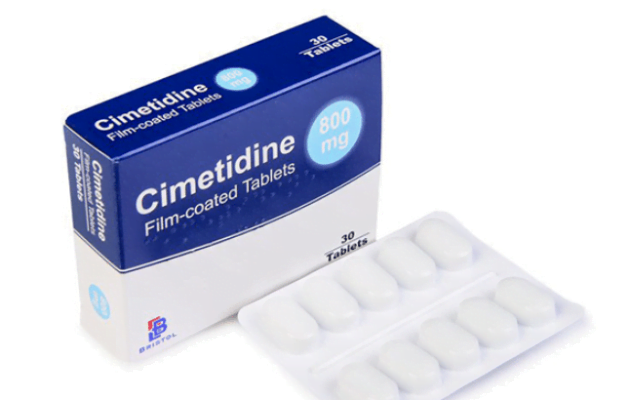Cimetidine and Famotidine are two popular drugs that treat acid-related disorders. While both medications belong to the same class of drugs, known as histamine-2 (H2) blockers, they have some key differences that are worth exploring.
In this article, we’ll take a closer look at Cimetidine and Famotidine, their mechanism, indications, dosage and administration, side effects, drug interactions, and more, to help you make an informed decision about which drug may be right for you.
What is Cimetidine?
Cimetidine, also known by its brand name Tagamet, is a histamine-2 (H2) blocker that works by reducing the amount of acid produced in the stomach. It primarily treats gastroesophageal reflux disease (GERD), peptic ulcers, and Zollinger-Ellison syndrome.
The typical recommended dose of Cimetidine for GERD and peptic ulcers is 800mg per day, divided into two or four doses. However, the dose may vary depending on the individual’s age, weight, and medical condition.
Some of the common side effects of Cimetidine include headache, dizziness, diarrhea, constipation, and fatigue. It can also interact with other medications, such as warfarin, phenytoin, and theophylline, and may increase the risk of adverse events.
What is Famotidine?
Famotidine, also known by its brand name Pepcid, is another H2 blocker that works by reducing stomach acid production. It alleviates GERD, peptic ulcers, and stomach acid-related conditions such as heartburn and indigestion.
The typical recommended dose of Famotidine for GERD and peptic ulcers is 20mg to 40mg per day, divided into two doses. However, the dose may vary depending on the individual’s age, weight, and medical condition.
Some of the common side effects of Famotidine include headache, constipation, and diarrhea. Like Cimetidine, it can also interact with other medications, such as warfarin, phenytoin, and theophylline.
Comparison between Cimetidine and Famotidine
While Cimetidine and Famotidine both belong to the same class of drugs and work by reducing acid production in the stomach, there are some key differences between the two.
- Half-life: Cimetidine has a longer half-life than Famotidine, meaning it stays in the body for a longer period of time. This may be beneficial for people who need longer-lasting acid suppression, but it can also increase the risk of drug accumulation and adverse effects over time.
- Onset of action: Famotidine has a shorter onset of action than Cimetidine, meaning it starts working faster. This may be beneficial for people who need quick relief from symptoms such as heartburn and indigestion.
- Dosage and administration: The recommended dosage of cimetidine and famotidine may vary depending on the individual’s age, weight, and medical condition. However, in general, the typical recommended dose of Cimetidine for GERD and peptic ulcers is 800mg per day, divided into two or four doses, while the typical recommended dose of Famotidine for GERD and peptic ulcers is 20mg to 40mg per day, divided into two doses.
- Side effects: Cimetidine may cause side effects such as headache, dizziness, diarrhea, constipation, and fatigue, while Famotidine may cause side effects such as headache, constipation, and diarrhea. The severity and frequency of these side effects may vary from person to person, and some people may not experience any side effects at all.
- Drug interactions: Cimetidine has a higher potential for drug interactions, particularly with medications that are metabolized by the liver, while Famotidine has fewer drug interactions. This is because Cimetidine impedes the activity of a liver enzyme called CYP450, which is responsible for metabolizing medications. This can increase the risk of drug accumulation and adverse effects. In contrast, Famotidine has little to no effect on CYP450, making it less likely to interact with other medications. It’s important to inform your healthcare provider of any underlying health conditions, or other medications or supplements you may be taking before starting either cimetidine or famotidine to avoid potential drug interactions.

